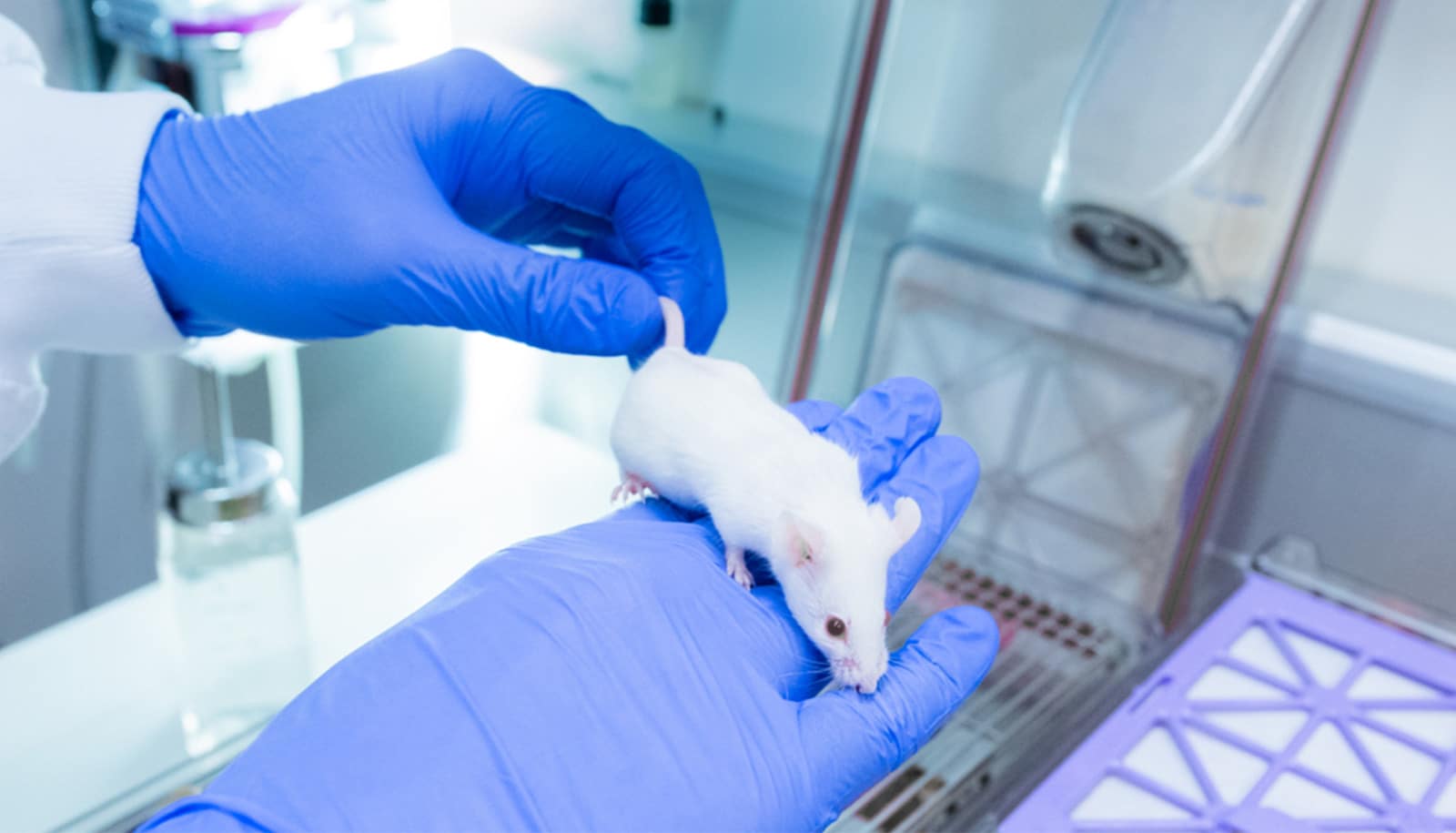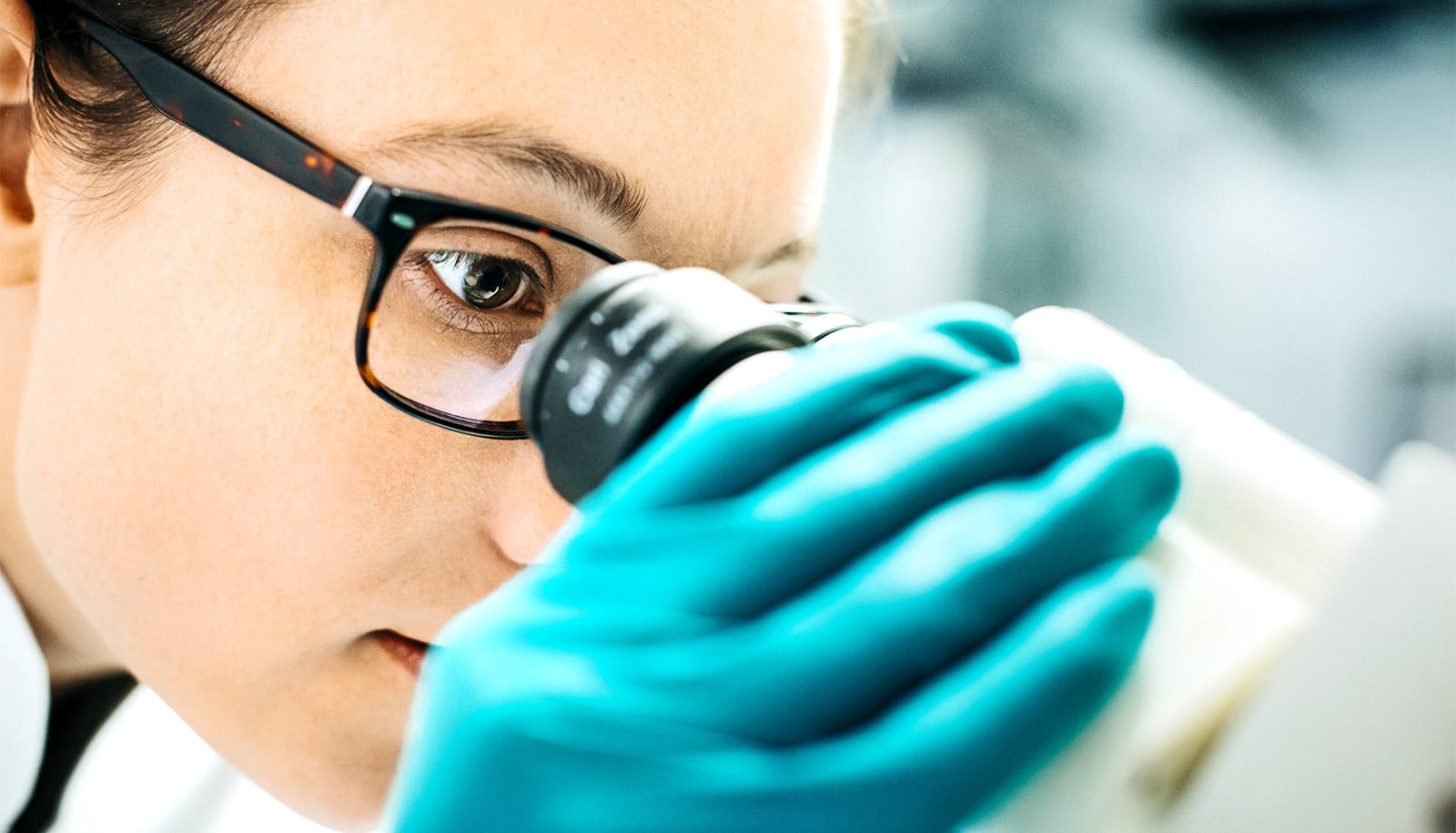Many drugs in the past decade that have been pulled from the market due to toxicity were withdrawn because they affected women more than men.
This highlights the fact that many studies use only male cells and male animal models. Now, a new study in the journal Cell Metabolism aims to help scientists who study obesity, diabetes, or other metabolic diseases better account for inherent sex differences in research.
“We really need to study both sexes,” says Franck Mauvais-Jarvis, professor of endocrinology at Tulane University. “The focus on a single sex threatens to limit the impact of research findings as results may be relevant to only half of the population.”
While the National Institutes of Health recently mandated researchers consider sex as a biological variable by including both sexes in pre-clinical research, there is little guidance in designing studies to fully consider sex differences in underlying biological mechanisms.
The goal, Mauvais-Jarvis says, is to help investigators better understand that sex differences are not simply a superficial aspect of research that only account for different sets of hormones: Male and female are two different biological systems.
What pigeons show us about sex bias in research
“Sex differences are at the core of the mechanism for biological traits and disease. We believe that the incorporation of appropriately designed studies on sex differences in metabolism and other fields will accelerate discovery and enhance our ability to treat disease. This is the fundamental basis of precision medicine.”
Diabetes drug trials could admit more women
Arthur Arnold and Karen Reue, experts in the genetics of sex differences at the University of California, Los Angeles, are coauthors of the study.
Source: Tulane University



